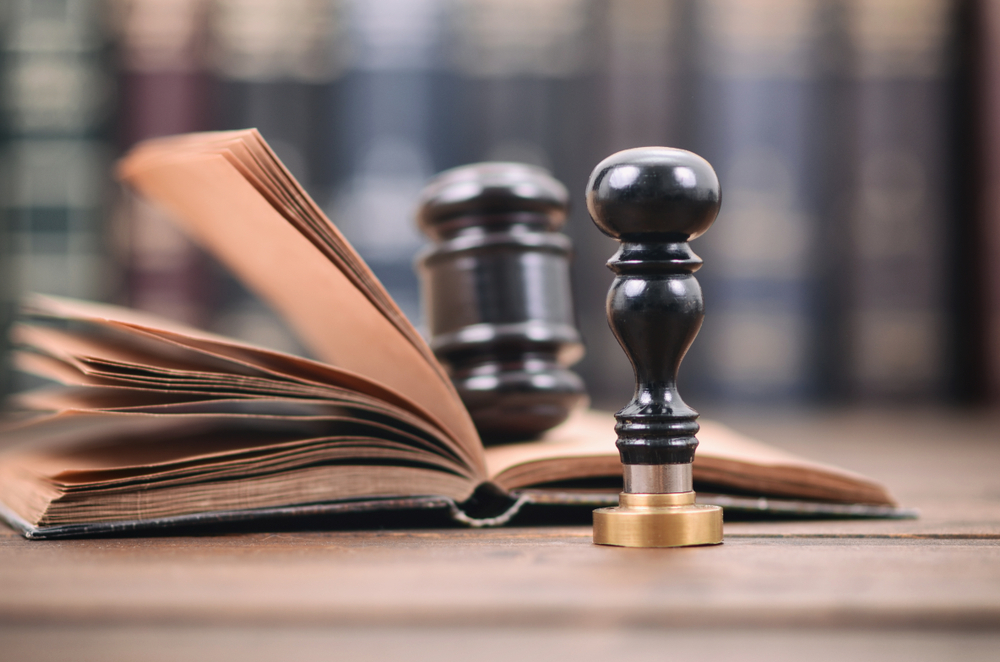Probate is the process where the property of decedent (deceased person) can be transferred to their heirs and beneficiaries. If you will soon be entering the process of probate, then you should contact an estate planning lawyer to ensure the entire process goes smoothly.
As someone that has been providing estate planning services to Carroll County, Baltimore County and the surrounding areas of Maryland for years, I wanted to give a few tips to help the probate process move along smoothly.

1. Filing the Petition
The first thing you will need to do to start the probate process is to file a Petition. This petition gives information about the Will (if any), the person who is applying to be appointed as the Personal Representative, and the people entitled to inherit. The Register of Wills will determine if the Will is valid or, if there is no Will, then who is entitled to inherit. There are different types of estates that can be opened—you will want to make sure that you apply to open the right type.
2. Notification of all Creditors
The next step is to give notice to all creditors of the estate, after which all creditors have a limited period of time to make a claim against the estate. This is usually done by the publication of a notice in a paper of general circulation, although some creditors should be notified individually.
3. Prepare the Inventory
An important duty of the personal representative is to figure out what is in the estate–not everything that the decedent owned needs to be probated. The Personal Representative will determine what the decedent owned, including real property, personal property, stocks, bonds, business interests, and other assets, and prepare a formal inventory.
4. Paying Estate Debts, Taxes and Funeral Expenses
The Personal Representative will need to determine which creditor’s claims are legitimate, and which ones are false or are not required to be made. Legitimate claims are paid from the estate. In some cases, assets from the estate may need to be sold in order to satisfy the decedent’s obligations. There is a correct procedure to pay claims and it is important that the Personal Representative follow this procedure to avoid personal liability.
5. Property and Assets Will Be Distributed
Once creditors have been paid, or the time for creditors to make a claim has elapsed, the Personal Representative will prepare a final accounting, and petition the court for the authority to close out the estate, and transfer any remaining assets to the heirs and beneficiaries, as determined by the decedent’s last will and testament or, if there is no will, according to state intestate succession laws.
Work with an Experienced Carroll County Estate Planning Lawyer
DK Rus Law has been providing estate planning and probate services to Carroll County and the surrounding areas of Maryland for years. If you’re involved in a probate process, or if you would like to draft a Last Will and Testament, please give us a call—we would be happy to help.

